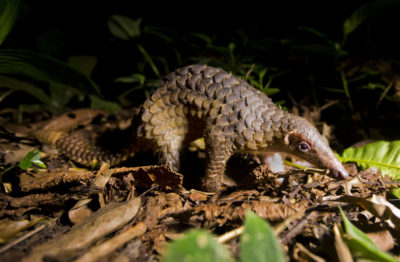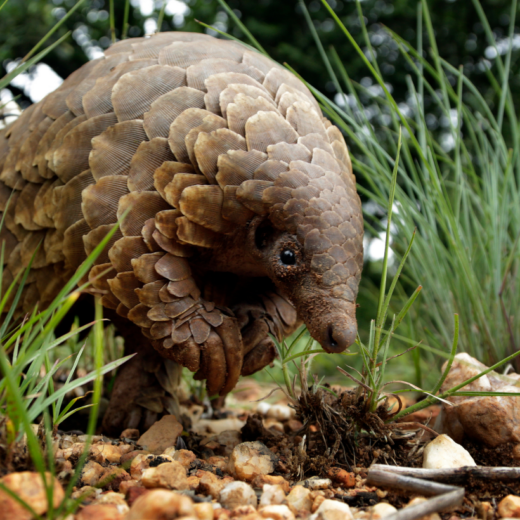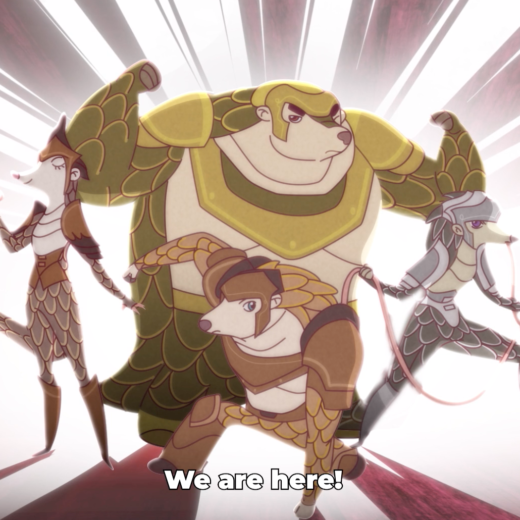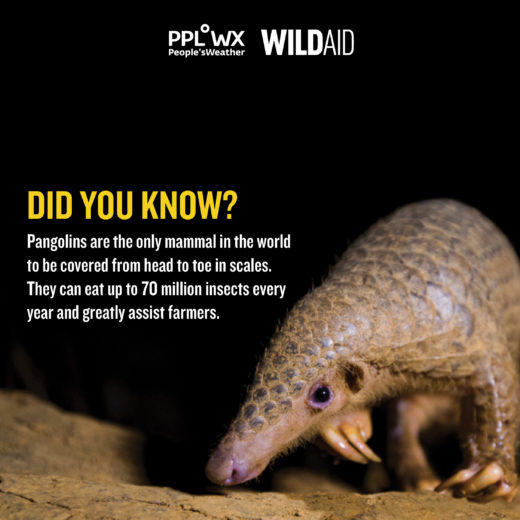
As the world meets in Geneva for the UN CITES meeting on the international trade in wildlife and its products, China announced its national insurance will no longer cover medicines containing pangolin, as well as other Traditional Chinese Medicine (TCM) products derived from threatened and endangered species, beginning January 1, 2020. This follows their recent announcement that they will consider increasing the protection status of the pangolin in China.
The National Medical Insurance and Human Resource and Social Security Bureau on August 20 released a joint statement: “Notice of Lists of Medicines Covered by the National Medical Insurance, Work injury and Maternity insurance,” notifying the public that that raw and cooked pangolin scales, hawksbill turtle, sea horse, coral, Saiga antelope antlers and other kinds of TCM will be excluded from the Chinese medical insurance fund.
“China’s decision to exclude the highly endangered pangolin from government-insured traditional medicine is another vital step in reducing market channels for pangolin scales,” said WildAid CEO Peter Knights. “The next step would be a domestic sales ban, just as China has done so effectively to curb the illegal ivory trade.”
China announced earlier this month it’s considering upgrading pangolins to the highest level of national protection. According to Xinhua, Wu Zhimin, head of the Wildlife Conservation Department of the National Forestry and Grassland Administration (NFGA), said pangolins could be upgraded to class I protection as the “pangolin population showed a marked decline in China because of habitat destruction and rampant poaching.”
Pangolins are currently under class II state protection, which is managed by the NFGA. Their scales are used in more than 60 approved drugs to stimulate lactation among new mothers and to treat conditions like swelling and poor circulation, among others.
In early 2017, all eight pangolin species earned full protection from cross-border commercial trade under international law.
Over the last few years, there has been an intense focus on African pangolins to supply demand in places like Laos, Vietnam, and China. They are traded openly in bushmeat markets in Nigeria and neighboring Cameroon. In what appears to be a first in the pangolin trade, Angolan authorities last week seized about 700 kilograms of ivory and pangolin scales following the arrest of a group of 13 criminals.
“There’s been a surge in the illegal trade of pangolin scales from Africa to Asia,” said Knights. “It is becoming necessary that the TCM community find suitable, sustainable substitutes that maintain the tradition and efficacy of traditional medicine, but adapt to the changing environment.”
In 2016, WildAid launched a campaign to save pangolins by reducing consumption and eliminating demand for their meat and scales in China and Vietnam – the two largest consuming nations – through activities designed to change behavior by educating consumers and policy-makers, building awareness of the devastating poaching crisis, and strengthening enforcement efforts. Thanks to over $60 million in pro-bono media value for the campaign over the past two years, WildAid and its partners have exposed some 800 million viewers in China and Vietnam to pangolin campaign messages featuring mega-star martial arts hero Jackie Chan, popular actress and model Angelababy, singer and actor Jay Chou, and Miss Universe Vietnam Pham Huong, among others. The ads have been distributed across dozens of TV networks and shown on over 160,000 video screens in subways, airports, and bus stops.
Stay in touch and get the latest WildAid updates.
SIGN UP


